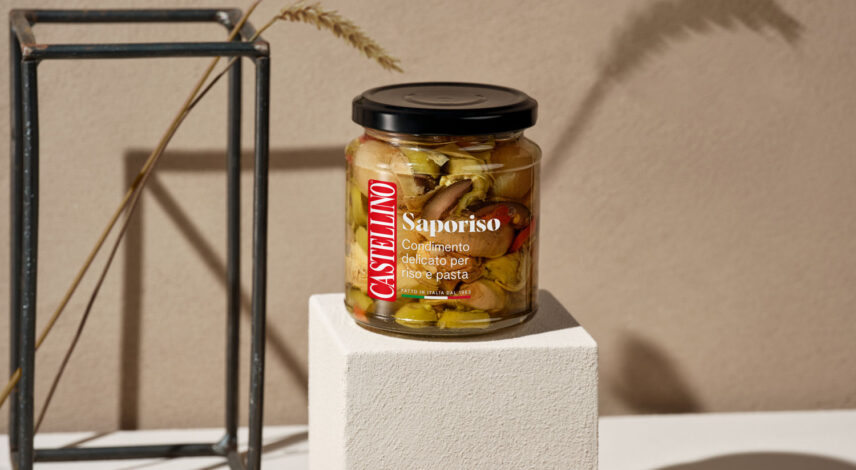
Pickled vegetables or pickles? The advantage of oil-pickling in the cycles of nature
0 commentsIn the heart of nature, there exists an intricate balance of life cycles that regulate the birth and maturation of seasonal fruits. Once upon a time, farming families were vulnerable to the unpredictable blows of nature that could destroy entire crops and deprive communities of food. To confront this uncertainty, pickling became an art, respecting natural cycles to ensure sustenance during periods of scarcity.
The Return of Adverse Weather
While hunger has decreased in industrialized countries, adverse weather has made a strong comeback, influencing the availability of fresh produce. In this scenario, the tradition of pickling has maintained its relevance, offering a solution to preserve the taste and texture of vegetables over time.
The Art of Castellino Preservation
Among various preservation techniques, Castellino preservation stands out for its ability to maintain the original characteristics of vegetables. A crucial aspect of this practice is the use of oil, which acts without compromising the water content in vegetables. This process allows both the original flavor and the texture of the vegetables to remain intact, creating a product that celebrates authenticity and tradition.
Advantages of Oil Preservation
Oil preservation has several advantages. Firstly, it allows you to enjoy the delights of vegetables at any time of the year, regardless of their seasonality. Additionally, the oil preservation process helps reduce food waste by allowing the quality and freshness of vegetables to be maintained for an extended period.
In a world that continues to evolve, oil preservation serves as a bridge between the past and the present, offering a practical and tasty solution to tackle the challenges of fresh produce availability. Castellino preservation, in particular, emerges as an art that preserves not only the vegetables but also the history and culture linked to the life cycles of nature. Through this practice, we embark on a culinary journey that honors the past, celebrates the present, and lays the groundwork for the future.






